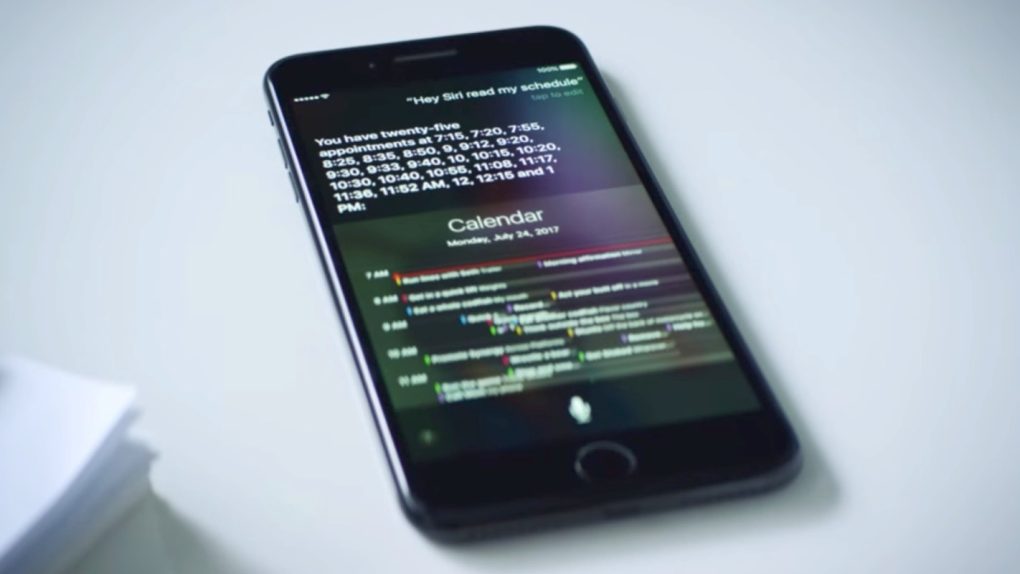Of all the companies you’d suspect might want to listen in on the things you say, or record parts of your conversations with their devices, it’s Apple that told lawmakers that iPhones don’t do it. Representatives Greg Walden, Marsha Blackburn, Gregg Harper, and Robert Latta cited reports that smartphones could “collect ‘non-triggered’ audio data from users’ conversations near a smartphone in order to hear a ‘trigger’ phrase, such as ‘Okay Google’ or ‘Hey Siri,’” asked both Apple and Google CEOs to comment on the matter.
Apple sent a letter in response, seen by Reuters, saying that iPhones do not record audio while listening for Siri commands and Siri doesn’t share spoken words. The company added that it requires users to approve microphone access explicitly and apps need to display a clear signal that they are listening.
It’s unclear whether Alphabet, the parent company of Google, replied to US lawmakers, but a spokesperson House Energy and Commerce Committee said “both companies have been cooperative thus far. The Committee looks forward to reviewing and analyzing the responses as we consider next steps.”
Google, of course, has a smart voice-enabled Assistant available on Android phones, but also Home-branded intelligent speakers. Apple’s Siri is also found on the HomePod. But, of the two companies, it’s Apple that’s more likely to protect the user’s privacy, voice interactions included.
What’s interesting is that the lawmakers only focused on smartphones, but they should widen their scope to encompass smart speakers. After all, there’s one huge elephant in the room that’s missing in here. That’s Amazon, which doesn’t make any smartphones of its own, but whose Alexa assistant is the best-sold voice assistant for home. And we all remember how, only a few months ago, some Echo speaker users discovered their devices recorded a piece of their conversation and then sent that audio file to a contact. All that happened without the explicit consent of the users.
Getting back to Apple’s response to Congress, it’s interesting to note that Apple said that it removed apps from the App Store over privacy violations, but declined to say whether it ever banned any developers and said that it’s up to devs to tell users why the app has been removed.
Furthermore, Apple addressed customer data usage as well, saying that it “does not and cannot monitor what developers do with the customer data they have collected, or prevent the onward transfer of that data, nor do we have the ability to ensure a developer’s compliance with their own privacy policies or local law.”








